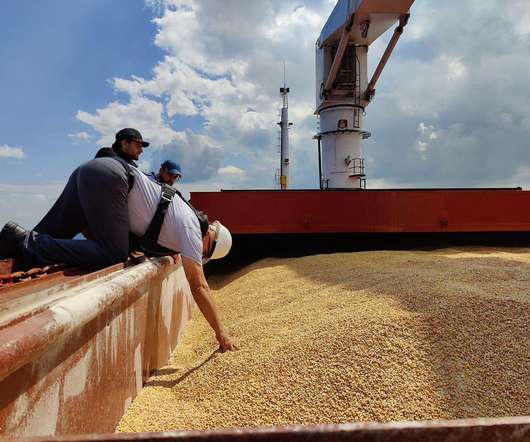The War in Ukraine Disrupts Trade in Both Food and Fuel
Cars That Think
AUGUST 29, 2022
Russia ranks second in the extraction of both crude oil (behind the United States and ahead of Saudi Arabia) and natural gas (behind the United States and ahead of Iran), and it is the sixth-largest producer of coal (behind Australia and ahead of South Africa). Here are the basic facts.












Let's personalize your content